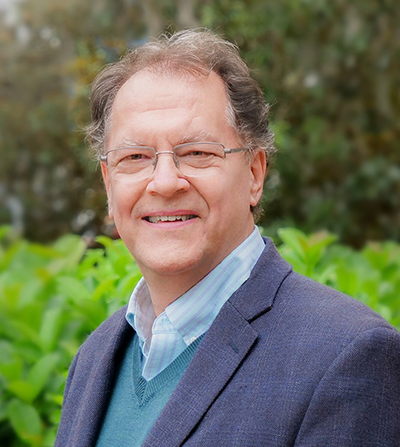ECE Distinguished Professor Mark Law is collaborating with the Army Research Office and Johns Hopkins University on a newly-funded project, “Superior Superconducting Josephson Junctions with 400°C Processing Temperature.” Dr. Law will be working on developing models to explore why niobium, an element commonly used in superconducting materials, loses its superconducting properties when processed at a temperature above 400°C.
The four-year, $700k project will additionally explore other candidate materials for making Josephson Junctions (JJ), for example niobium-titanium-nitride (NbTiN). JJs consist of two or more superconductors coupled by a weak link, such as a thin insulating barrier.
The goal of the work is to increase the compatibility of JJs with semiconductor tools and techniques, hopefully leading to greater integration availability and applications for data centers. A recent article in IEEE Spectrum points to the need to drastically reduce the current unsustainable energy requirements of our computing infrastructure—possibly through the use of superconductors. This project and Dr. Law’s work could contribute to efforts to drastically reduce the energy consumption of data centers.

